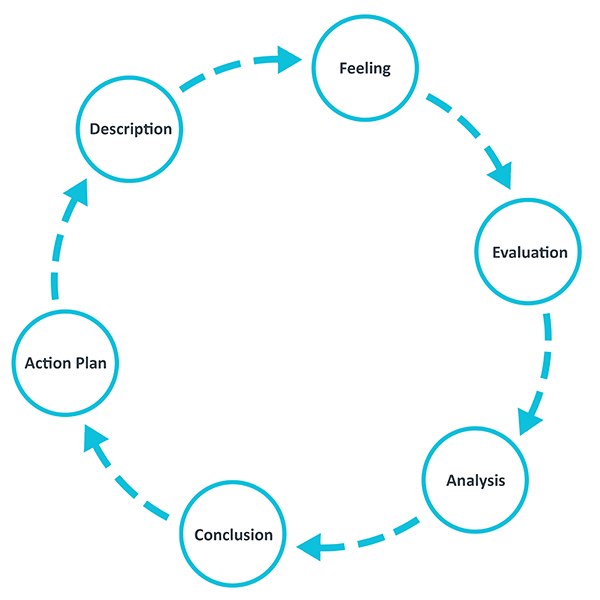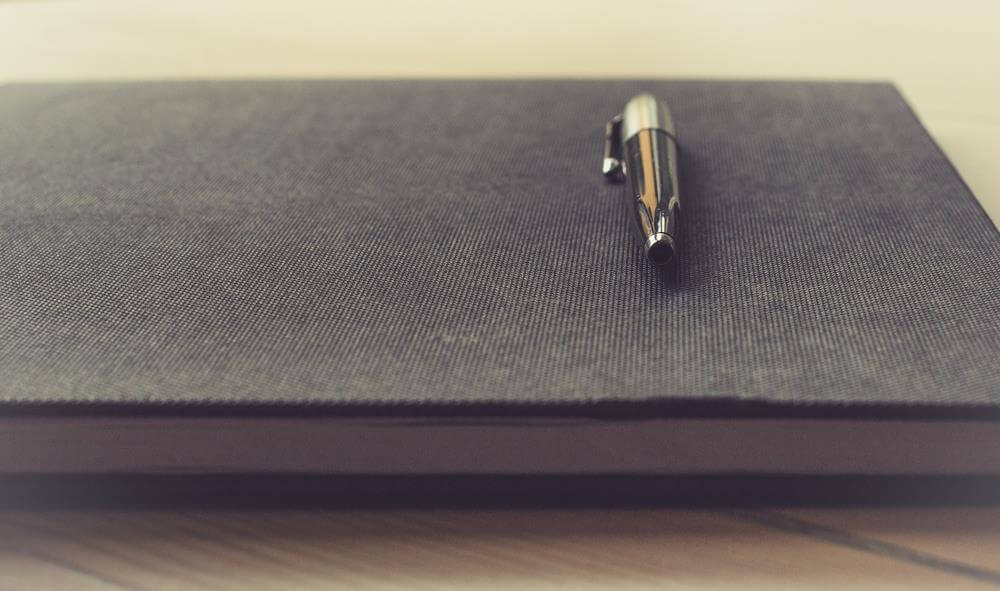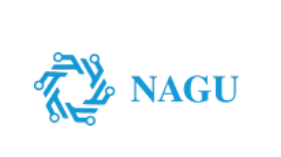
Gibbs' Reflective Cycle
Graham Gibbs developed Gibbs’ Reflective Cycle in 1988 to help students organize their learning from their experiences. Because of its circular character, it works particularly well for repeated events, which means you may draw lessons and make plans from both the good and dreadful things that happen. There are six stages to this process:
- An account of what happened
- Perceptions and feelings in relation to the event
- An evaluation of the good and bad aspects of the event
- Analyze the situation to make sense of it
- Summary of lessons learnt and improvements that may have been made
- Take steps to prepare yourself for similar situations in the future, as well as any broader adjustments you think would be beneficial.
It is possible to use this model to reflect at various levels of depth.
There are several ways to think about reflection. To check if it works for you, play about with it for a while. You can narrow your focus to just a few of the questions if you discover that to be the case. As a result, you’ll be more inclined to think critically about your learning experience if you break it down into stages.

The advantages of learning through self-reflection
Among the many benefits of reflective learning are the following:
- Assessing your situation can be made easier if you are asked to identify your strengths and weaknesses, for example.
- People learn differently, and certain methods work for some while others don’t at all. You can use this to figure out how to improve your own learning process.
- To better understand your learning style, think about the kind of projects or subject matter that are the most difficult for you to comprehend. For instance,
- Metacognitive talents can be honed through the practise of critical thinking on the way you learn new things.
- Taking a more active role in your education may give you a better sense of self-reliance and self-determination.
- To increase your motivation and drive to keep going and learn more, giving yourself a role in the learning process gives you a sense of control and purpose.
- A variety of benefits, including increased motivation, can help students learn more effectively.
As a result, research shows that reflective learning can benefit students in both their personal and academic lives. By encouraging students to reflect on their own accomplishments, one study found that their critical thinking and organizational skills were also enhanced. On the other hand, students who engage in reflective learning are better able to retain information and connect it to prior knowledge.
Instructors can benefit from students’ reflective learning as well, as they can utilize it to better their own teaching. Using self-reflection in the classroom can assist students provide instructors with valuable input, such as pointing out places where students require more in-depth explanations or where teaching methods should be improved. Instruction can be improved by using this feedback.
There are numerous ways in which students gain by reflecting on their own learning, including increased self-awareness and metacognitive development, and an improved sense of drive and self-determination. A wide range of educational, professional, and personal development programs include reflection as a required component because of the widespread acceptance of reflection as an important part of learning.

Kolb’s Learning Cycle
A major tenet of Kolb’s Learning Cycle is that self-reflection is a necessary component of learning. Reflecting on one’s own participation in an activity might help students better understand why they’re doing it, rather than simply focusing on the ‘how’
Above figure depicts the four stages of the cycle that the learner must go through to be successful in their learning.
There are four stages that students must complete. For reflection to be fruitful, learners must next apply what they’ve learned to their work tasks, as suggested by the cycle.

WHAT IS REFLECTIVE PRACTICE?
The power of merely ‘thinking’ about anything was first recognized by John Dewey (1993). Dewey’s three stages of reflection include problem description, analysis, and generalization. It’s critical to recognize the difference between acting rationally and acting irrationally when making decisions. Teachers should engage in reflective practice for a variety of reasons. It includes:
- teacher self-reflection as an avenue for self-discovery and professional development
- educating students to reflect on their own learning as a way to improve their educational experience
- Reflection can be used in the classroom and in assessments (e.g. reflective journal)
Educator Donald Schön (1987) conducted more research on the topic of reflective practice as a means of professional development, emphasizing the significance of reflection for new teachers. It is important for teachers to reflect on their activities when things are unknown or critical, according to Thuynsma (2001).

How to Begin a Reflective Practice Practise
It is necessary to go through this process again and again. The next steps are as follows:
- Teach
- Evaluate the influence of your own teaching on learning
- Consider new teaching strategies that can improve learning quality
- Put these ideas into action; Repeat the process
Reflective practice’s purpose is to “learn through and from experience in order to gain fresh insights on oneself and one’s practice” (Finlay, 2008).
Reflection should be a regular part of all your classes if you want to make sure that your pupils are progressing in the right direction.
Self-reflection is vital for both teachers and students and should be done on a frequent basis. It aims to ‘question conventional practice assumptions and critically assess practitioners’ own responses to practice conditions’ to help you become more self-aware as a practitioner (Finlay, 2008). The reflective process promotes the exchange of good practices and the reliance on others for support. Reflection allows teachers to better target their lesson, which benefits all students.
In the remaining portions of this course, we’ll go deeper into the principles of reflective practice. We’ll look at the benefits of reflective practice and look at some real-world situations. Consider ways to incorporate reflective practice into your own teaching in this course.

Rajan
Student (ID:104758) - ICL Post Graduate Diploma
“Nagu is really a good teammate, we worked together for project in this semester as well as with other two team members. We as a team had an enjoyable time during our project. He is cooperative when it comes to helping each other. He is so punctual as well. I wish him all the success in his future endeavors “
